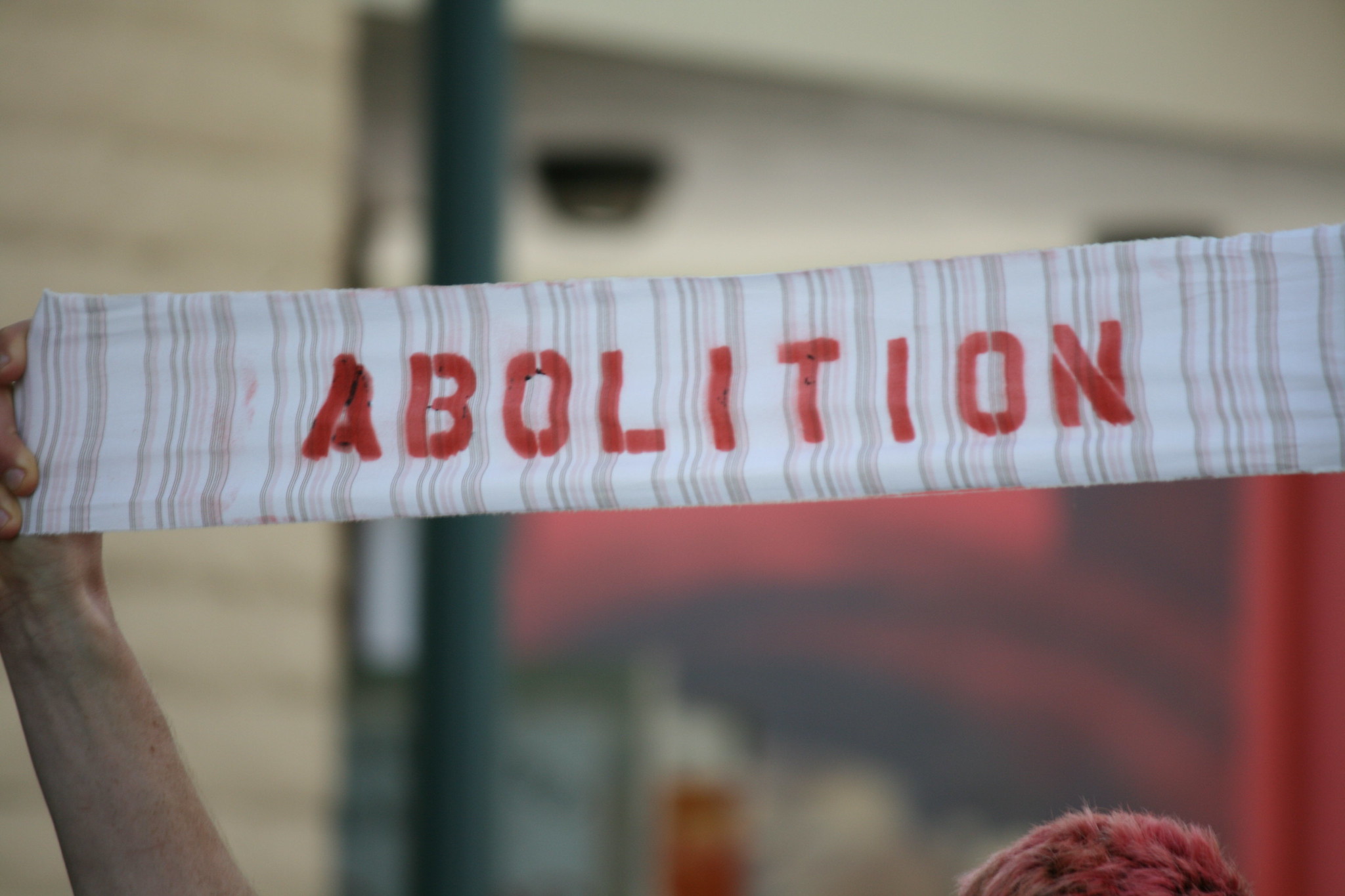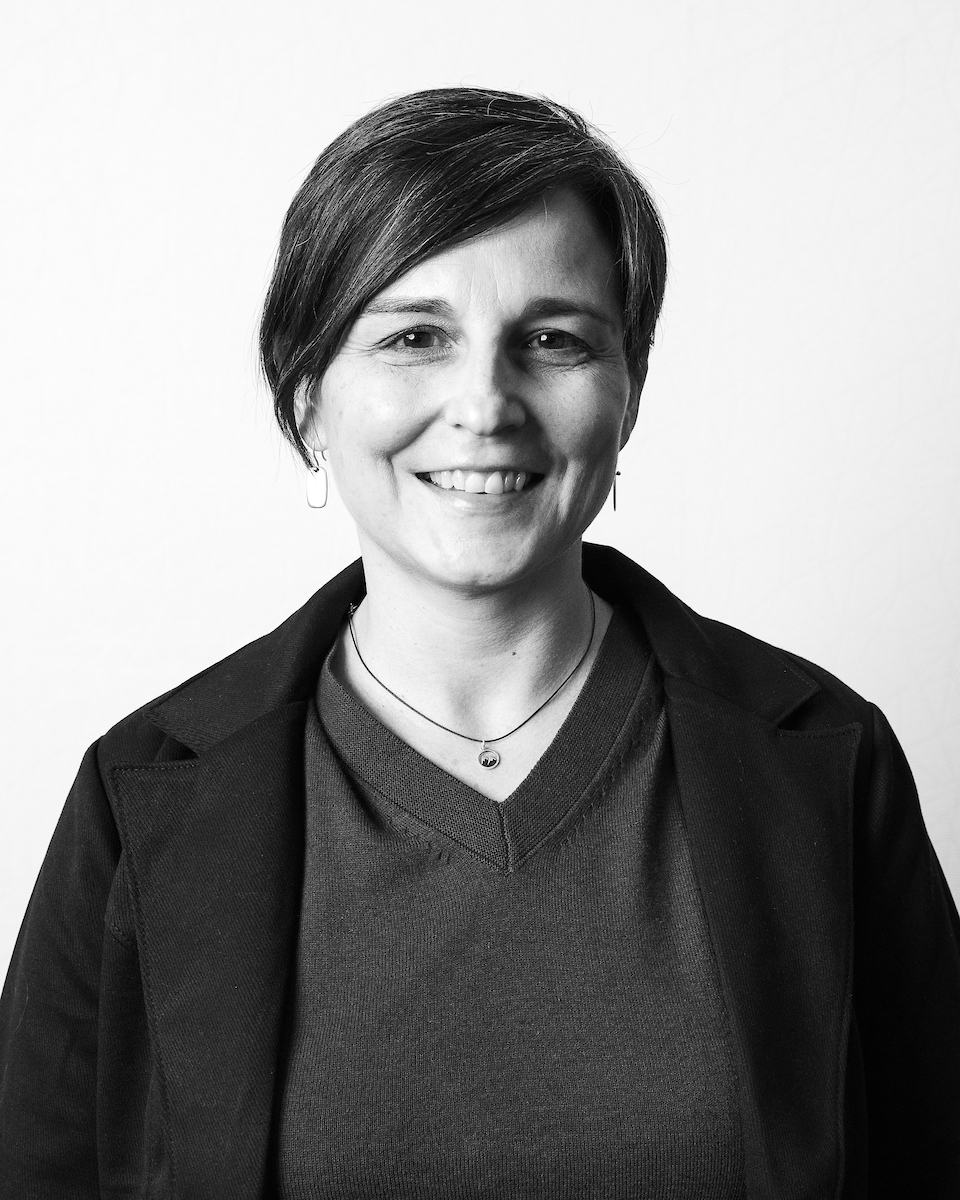
By Chris Linder
Thank you for your ongoing support of the MCVP! We remain incredibly grateful to be a part of the U community and for the people who continually show up, request programs, provide feedback and engage with us in our efforts to better understand and address dating and sexual violence among college students.
As you likely noticed, we are BUSY! The Center’s staff has doubled, we moved into a new space (which we have already outgrown!), our students are influencing their peers with their individual and collective-action projects, we’re embarking on new research projects — all while taking care of each other and pushing the boundaries of what we have historically thought of as prevention work.
I could go on and on about the “stuff” we’re doing, but I’ll save that for the annual report. In this note, I’d like to focus on the how of what we’re doing . . . because that matters almost more than the what. In the fall, Whitney, our Associate Director for Education, and I attended the National Women’s Studies Association Conference. The theme of the conference was focused on understanding abolition and its role in our work.
I have long considered myself someone who pushes boundaries, seeks community to dream and imagine with and works to build a world beyond our wildest imaginations. At this conference, I realized that this is a form of abolition. When we think of abolition, we may think of a number of different things; at one point in the history of what is now called the U.S., the term “abolitionist” referred to people who wanted to abolish slavery. And then later, abolition referred to a movement related to abolishing alcohol. Today, abolition refers to the idea of abolishing police and state control over our lives. While these very specific representations of abolition matter and have and continue to contribute to re-making our culture, I have also come to believe that abolition is a way of being, a way of thinking. Abolition requires us to “abolish” our previous ways of thinking about the world, to consider a new future, to explore new ways of being.
As I keep reading the work of great abolitionists, one thing is consistent: they are visionaries. They do not think about working within the structures and systems we currently have; they think about what else could be. They dream. They nurture and empower communities of which they are a part. They listen. They heal. They fail. This is what drives me and the way I try to lead our work at the Center. As you’ve heard me say over and over again, if we could end violence by just doing more of what we have been doing for the last 60 years, it would have already ended. The problem isn’t that people aren’t trying; it’s that we keep doing the same things over and over, expecting different results.
To this end, after a semester of deeply engaging in learning, reflection, and dialogue, our student staff are bravely launching a set of action projects that we have dreamed up by being in community together. We have worked to deepen our understanding of power and violence, and to imagine a world where things are different. We have addressed our fear of failure head on, taking on the You Might Be Causing Harm If… campaign together before embarking on additional projects in pairs or individually. Throughout the semester, you will see students leading new workshops focused on harm, respecting boundaries, and sexual violence in the LGBTQ+ community. You will see them facilitating book clubs, writing blog posts, and developing social media graphics. You will see them being brave, being bold, and caring for each other. You will see them thinking like abolitionists — imagining a different world, then doing their parts to create that very world, one that is safer and better for all of us.
Again, thank you for your ongoing support and encouragement. We are grateful. And we will do our best to keep pushing the bounds of what we know. We hope that you will continue on this journey into the unknown with us!
 Chris Linder is the director of the McCluskey Center for Violence Prevention Research & Education.
Chris Linder is the director of the McCluskey Center for Violence Prevention Research & Education.
